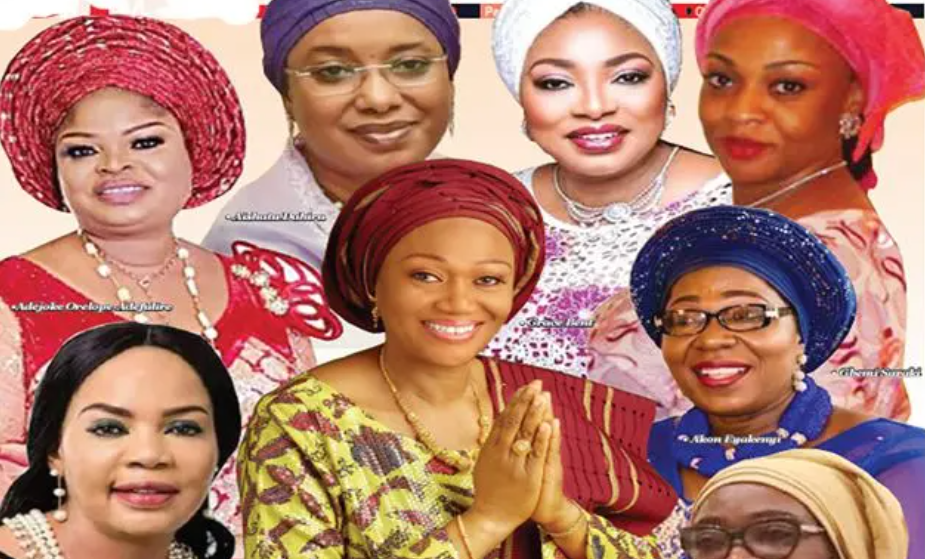
I remember watching Barack Obama speak at a leadership event years ago, and something he said struck me: “I’m absolutely confident that for two years if women ran every nation on earth, you would see a significant improvement across the board on just about everything… living standards and outcomes.”
You know, I’ve been thinking about this and believe his statement is not far-fetched because even researchers already have decades of data from actual leaders to support it. But well, let me shift my focus a bit.
Today, I’ll discuss tangible reasons I think women may make better leaders, especially in the Nigerian context. Ready to learn? Let’s go!
1. They Value Work-Life Balance
If you think about it for a second, you’d realise that women have the incredible ability to balance professional and personal leadership skills. That’s why they’re often able to combine their careers with homemaking.
Of course, men can also find the balance, but women do it more. Have you not realised it’s easier to approach a woman leader with personal requests and sensitive questions? Their openness and communicative approach make them excellent.
2. Collaborative Leadership Styles
Women often favor collaborative decision-making, bringing diverse voices to the table. They’re less likely to lead with ego and more likely to lead with inclusion. This style doesn’t just feel good—it works. Studies have shown that diverse, collaborative governments tend to be more innovative and effective.
In a world of increasing polarisation, the ability to build bridges is not just a virtue; it’s a necessity. Female leaders tend to prioritise unity and diplomacy, making them ideal for navigating complex, high-stakes environments.
3. Less Prone to Corruption
Corruption is so prevalent in the Nigerian political space that it will take a long time to eradicate it. However, with data from institutions like the World Bank suggesting that women in power are less likely to engage in corruption, turning this direction will salvage our situation.
I know you’d probably mention Nigerian female politicians with corruption cases hanging around their necks. But let’s be sincere: Does that really compare to the number of male politicians? Besides, female politicians are often held to higher standards and have had to work harder to prove themselves.
4. They Always Want to Be Role Models
When women lead, they don’t just want to govern. They want to inspire. They want to send signals to the next generation that leadership isn’t limited by gender. So they’ll definitely work harder in most cases.
The question shouldn’t be whether women can lead. Instead, we should ask whether they know their potential to turn things around in politics. Women tend to bring emotional depth, integrity, and collaboration to the political space. Perhaps this is the time to bring more women into Nigerian politics.









